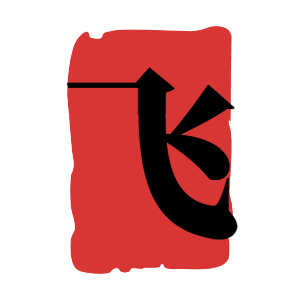come的三个时态超简单,快来一起学!
当然可以!Let's dive into the three simple tenses of "come" in English: the present, past, and future.
In the present simple, "come" is used to talk about habitual actions or general truths. For example, "I come to school every day" or "The sun comes up in the east." It's formed by saying "I come," "you come," "he/she/it comes," "we come," "you come," and "they come."
Moving on to the past simple, "come" is used to describe actions that happened and finished at a specific time in the past. For example, "I came to school yesterday" or "They came home last night." The past simple form of "come" is "came," and it's used for all subjects: "I came," "you came," "he/she/it came," "we came," "you came," and "they came."
Finally, the future simple tense of "come" is used to talk about actions that will happen in the future. You can use "will come" for any subject. For example, "I will come to school tomorrow" or "They will come home tonight." This is straightforward and easy to use.
So there you have it: the present simple is "come," the past simple is "came," and the future simple is "will come." Practice using these tenses, and you'll be on your way to mastering "come" in no time!

